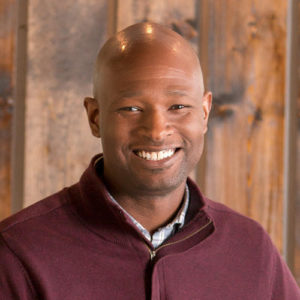 Menu
Menu
TIGER Events


- This event has passed.
Virtual Reality: how it can dramatically improve learning
October 19, 2018 @ 11:30 am - 1:00 pm
| TIGER Talk
Event Navigation

The process of Learning (education, training and simulation) has been ripe for disruption for quite some time now. The current approach used in western society was designed for a purpose that no longer exists and, as a result, large segments of our population have been unable to realize their full potential.
Alternative approaches to learning have been designed and implemented with varying degrees of success, but we have yet to see the mass adoption of these techniques.
Virtual Reality just might be the last puzzle piece to a learning revolution that transforms our society, creating more opportunity and growth for a broader segment of our society.
Let’s discuss how this technology impacts learning and how you can begin to think about it in a way that gives your business an early advantage.
Speaker: Will Burrus, Founder & CEO, immersive.is
Will Burrus is a visionary technology entrepreneur and executive, known for taking highly complex technology concepts and translating them into practical and accessible business opportunities for everyone. Will is the Founder and CEO of immersive.is, a virtual reality content creation studio exploring the limits of cognition and empathetic response in simulated environments.
He has built a successful career out of leveraging his extensive infrastructure, application development, and interactive experiences to start companies, build products, drive campaigns and optimize business processes in various industries.
Over the last 20 years, Will has held leadership positions with companies in the corporate sector, advertising, and international manufacturing. With his own consultancy, 247 Interactive, Will was a founding sponsor of the Ohio Interactive Awards.
As an entrepreneur, Will has founded seven companies, providing innovative solutions to critical challenges in healthcare, the music industry, human resources and, augmented and virtual reality.
Notable products that he has envisioned and taken to market are an independent music distribution application, for which he was featured on CNBC in 2004, a voice driven programming language designed to leverage artificial intelligence and chat-based messaging to make programming easier for non-technical people, and an algorithm, assessment and score called the Development Quotient which can quantify how people work in the form of a number, for which he was awarded a patent in 2015.
Thank you to our sponsor Mmelo Boutique Confections.
